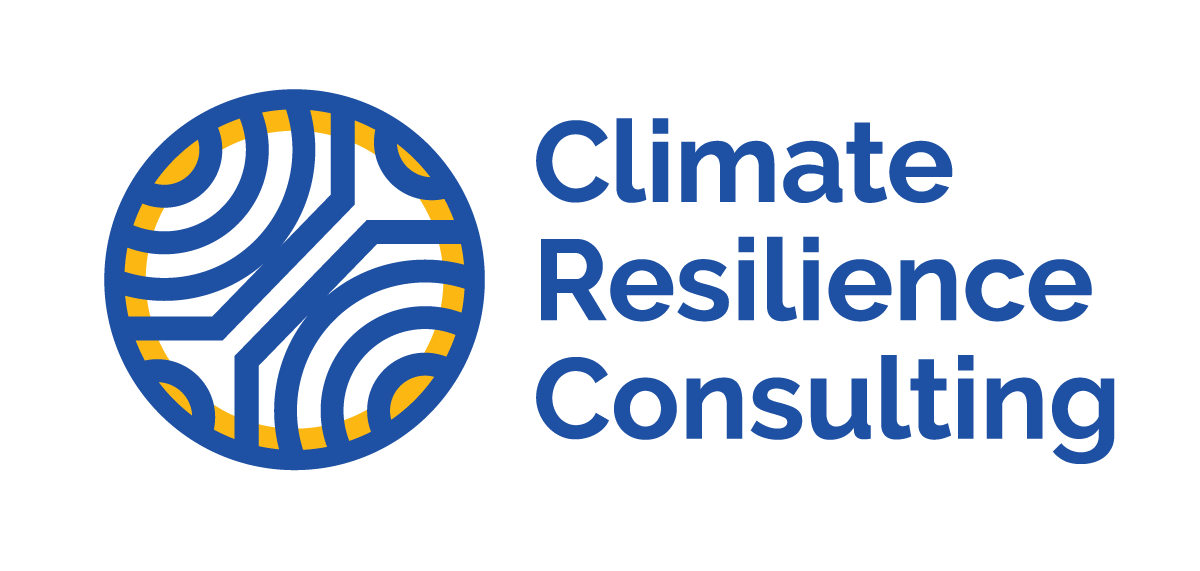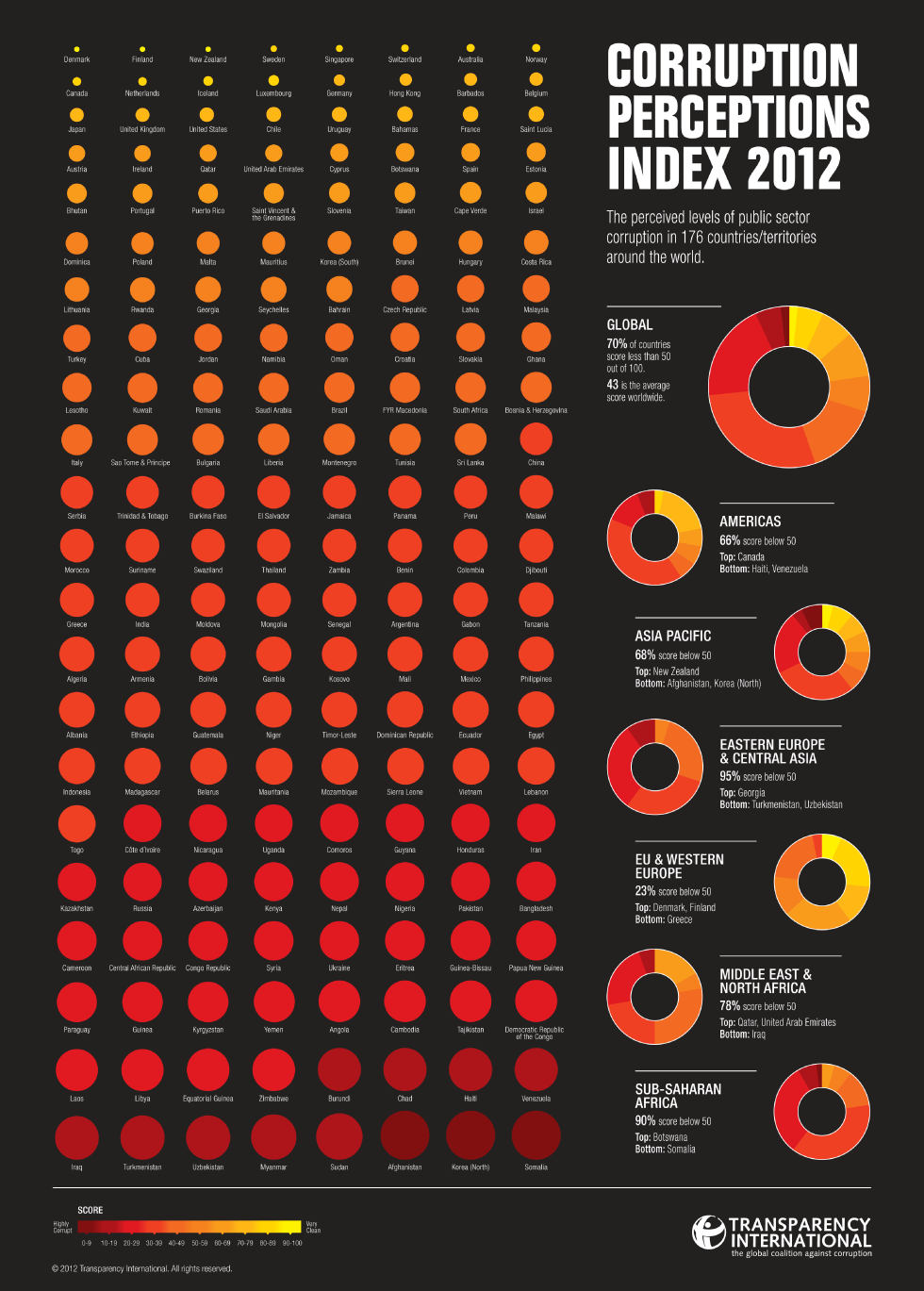Thanks to the World Bank’s Steve Hammer, the lead urban specialist - cities and climate change within the Urban Development and Resilience Unit, I participated last week in a lively discussion with dozens of the Bank staff about measuring a country’s readiness to face climate change. While I have written about the benefits of indices, it’s delightful to observe my judgments turned into curiosity by bright global thinkers and doers. Their questions and assertions called to mind a corporate and adaptation tool benchmark we initiated several months ago. This World Bank discussion represents part of our overall effort to improve the GAIN Index over time. This process includes benchmark investigations as a way to examine various decision-making tools in the context of what GAIN should be delivering.
Working with my colleague Sarah Senseman, we have investigated dozens of tools – some adaptation-specific, many not, and we’ve derived a Top Three list worth examining:
- The Corruption Perception Index, http://cpi.transparency.org/cpi2012/interactive/, earns raves for it elegant accessibility, simple organization and usefulness to a broad stakeholder group, amateur to professional, as well as its easily located supplemental information.
- Yale’s Environmental Performance Index (http://epi.yale.edu/) comprises well-developed resources; it still keeps to a specific purpose and vision and keeps a clear design, making the most of a transparent collaboration with a university, which increases its credibility.
- Aqueduct, http://www.wri.org/our-work/project/aqueduct, illuminates the problems of one of our most at-risk resources, potable water, and maintains its mission to help its user – the corporate sector – make more informed, resource-based decisions. It’s also simple and refrains from including too much information.
Other country indexes worth mentioning from our benchmark include the Consumer Confidence Index, Human Development Index, Ease-of-Doing-Business Index and the Index of Economic Freedom.
We’re also suckers for tools that leverage the power of infographics and maps to help the index tell a story, even to the uninitiated.
Those that didn’t make our list tried to do too much – complicating the simplicity, failing to consider their users and calling into question their credibility.
An interesting tool wiki to watch as it comes out of beta is The Climate Development Knowledge Network’s Tools for Climate Compatible Development. (Regrettably, they are not taking new submissions just yet, so you won’t find ND-GAIN there). It assembles several key tools to assist in informing the climate/development challenge.
ND-GAIN will keep in mind lessons learned from these benchmarks to inform how we can continue to help decision makers.
This blog is co-authored by Sarah Senseman, an ND-GAIN intern

